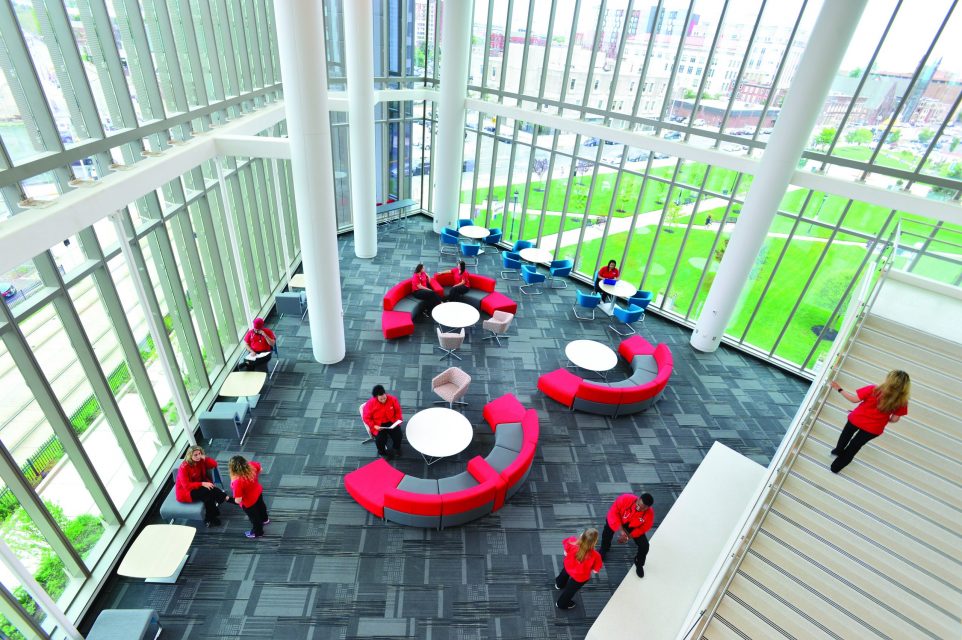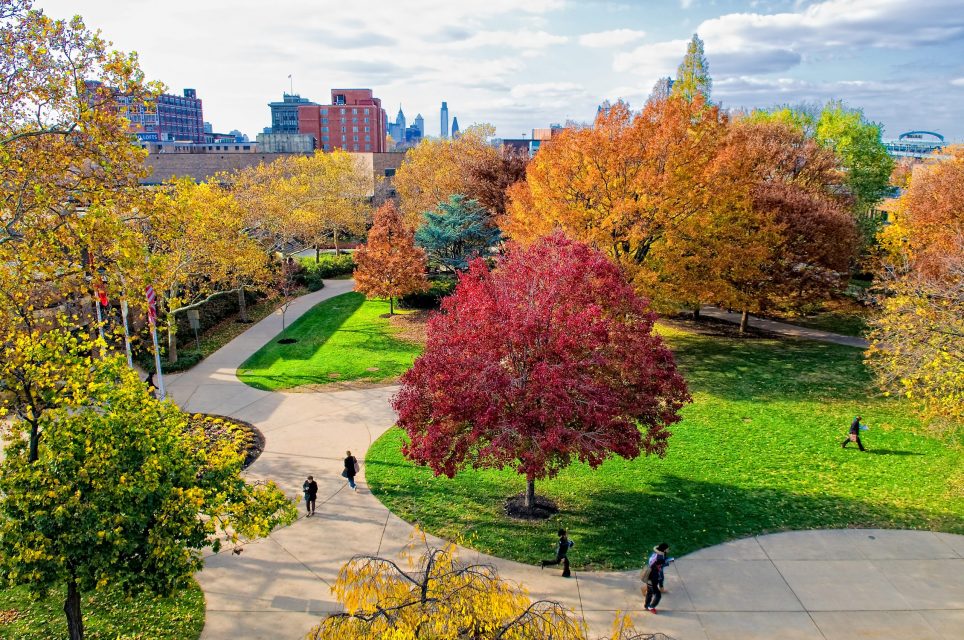Improving drugs that help fight addictions. Enhancing the quality of sleep. Identifying DNA at crime scenes. Stopping the spread of diseases. Preserving the planet in the face of global changes. Fighting the pervasiveness of cancer. These are just some of the many complex goals that Rutgers University– Camden faculty and students in the sciences are working on every day at state-of-the art facilities on the campus only a short walk or ride across the Ben Franklin Bridge from Center City Philadelphia. “The core of what we are doing is breaking boundaries and bringing fresh ideas and solutions,” says Nir Yakoby, an associate professor of biology and director of the Rutgers–Camden Center for Computational and Integrative Biology
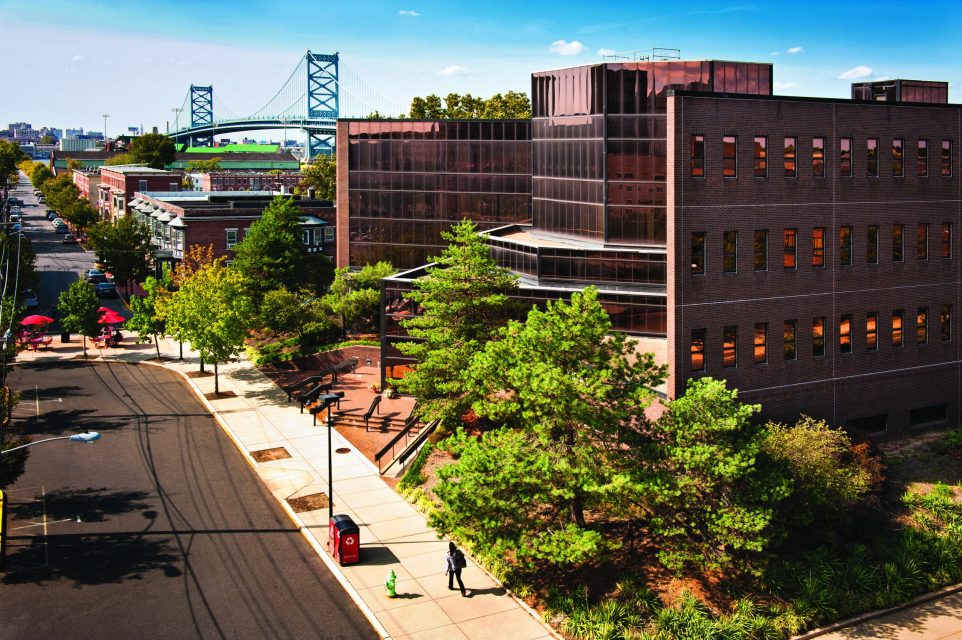
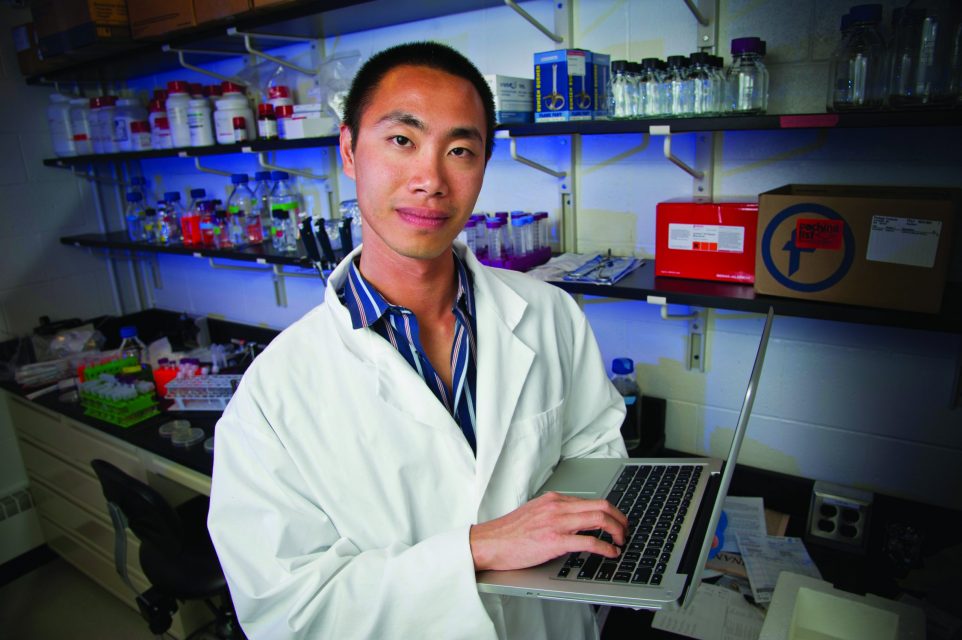
With more than 7,400 undergraduate and graduate students, Rutgers–Camden is an essential part of Rutgers, The State University of New Jersey, one of the nation’s oldest and most respected institutions of higher education. “At Rutgers– Camden, innovation is a key part of our mission,” says Chancellor Phoebe A. Haddon. “Every day, we develop ideas and programs that make the world a better place.”
Two new buildings – the Joint Health Sciences Center, opened in 2019, and the Nursing and Science Building, opened in 2017 – have added more than 200,000 square feet of space for research and education at Rutgers–Camden. These new buildings have augmented the “Eds and Meds” corridor in downtown Camden that connects the university and the city’s vibrant medical and sciences community to create an international hub for research innovations in the biosciences.
, 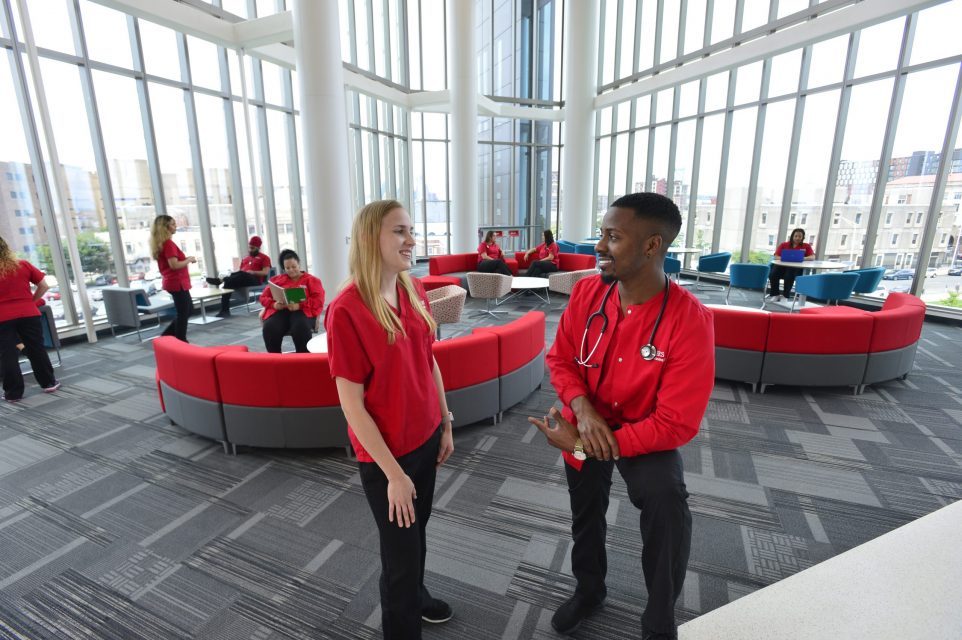
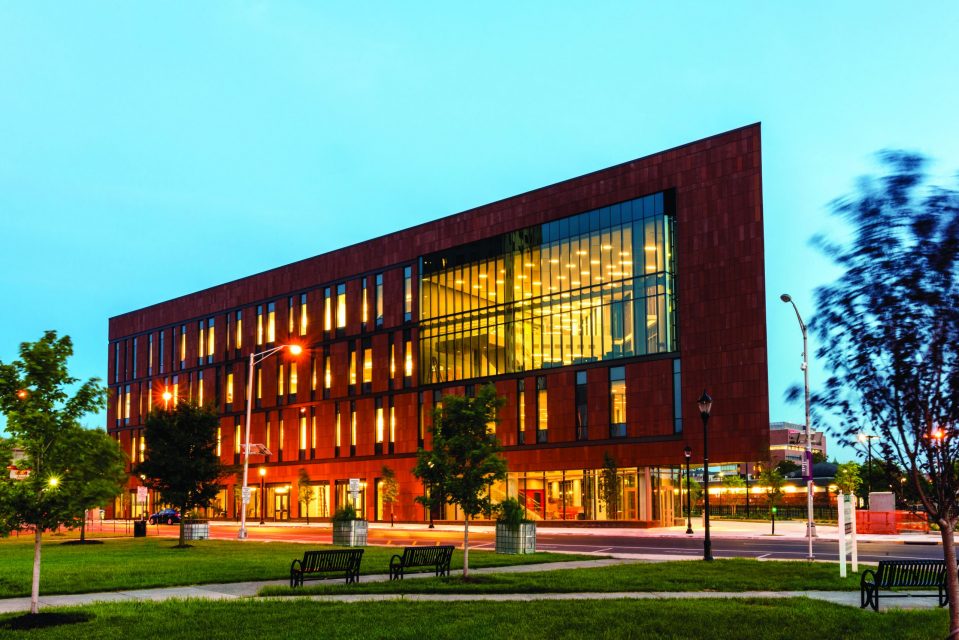
In addition to cutting-edge work done by researchers in the Rutgers–Camden Center for Computation and Integrative Biology, the Rutgers School of Nursing–Camden is a regional leader in nursing education and outreach. Across campus, the Rutgers School of Business–Camden hosts the Daniel J. Ragone CPA Center for Excellence in Accounting and a Financial Markets Lab, as well as a highly ranked professional MBA program. The Rutgers Law School location in Camden is home to both the Center for Corporate Law and Governance and the Center for Risk and Responsibility, significant sites for research and legal innovation in these fields.
A Vast Research Agenda
The generation of path-defining breakthroughs drives the research faculty at Rutgers University Camden, which is home to many renowned innovators in biology, chemistry, computer science, and physics. These scientists teach and conduct research in the university’s Center for Computational and Integrative Biology and regularly collaborate across disciplines to find innovative approaches to worldwide concerns.
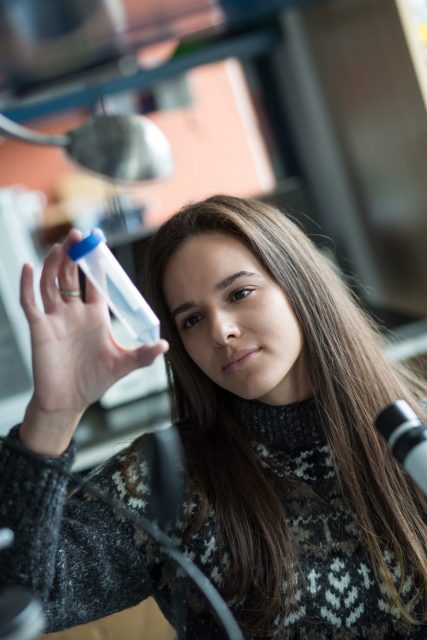
New Approaches to DNA Evidence
The creation of new scientific approaches to forensics, specifically in evaluating DNA evidence from crime scenes, are happening at the Rutgers University– Camden Laboratory for Forensic Technology Development and Integration. Researchers Catherine Grgicak, the Henry Rutgers Chair in Chemistry, and Desmond Lun, a computer science professor, are among the scholars in this center who are producing the next generation of scientific analysis to support law enforcement nationwide. Lun’s work has received a $1.7 million U.S. Army Research Office grant to create a software program based on a computational method for analyzing DNA evidence, while Grgicak has grant support from the U.S. Department of Justice’s National Institute of Justice for her research. Both Grgicak and Desmond Lun created the Project Research Openness for Validation with Empirical Data (PROVEDIt) database at Rutgers–Camden that is helping to bring more reliability to the interpretation of complex DNA evidence. Information from the PROVEDIt database can be used to test software systems and interpretation protocols, and as a benchmark for future developments in DNA analysis. The PROVEDIt database offers free access to approximately 25,000 samples.
, 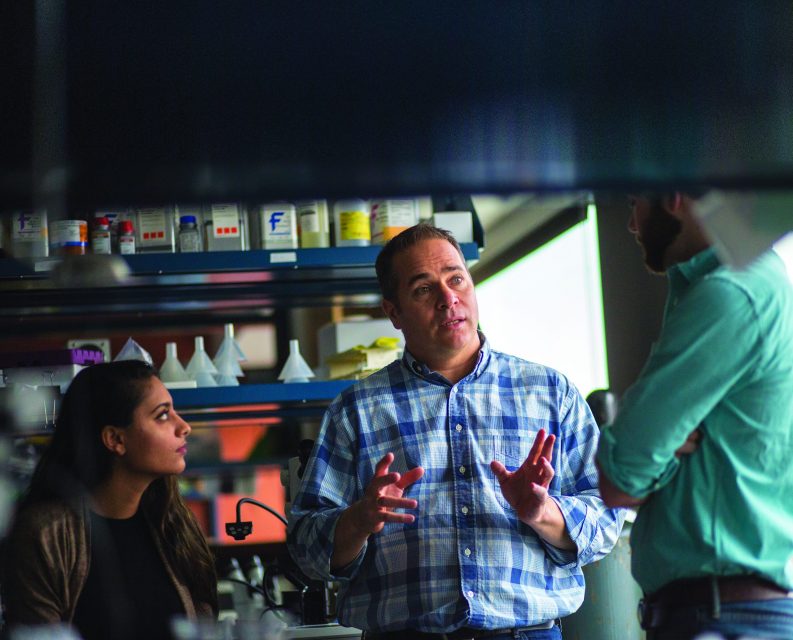
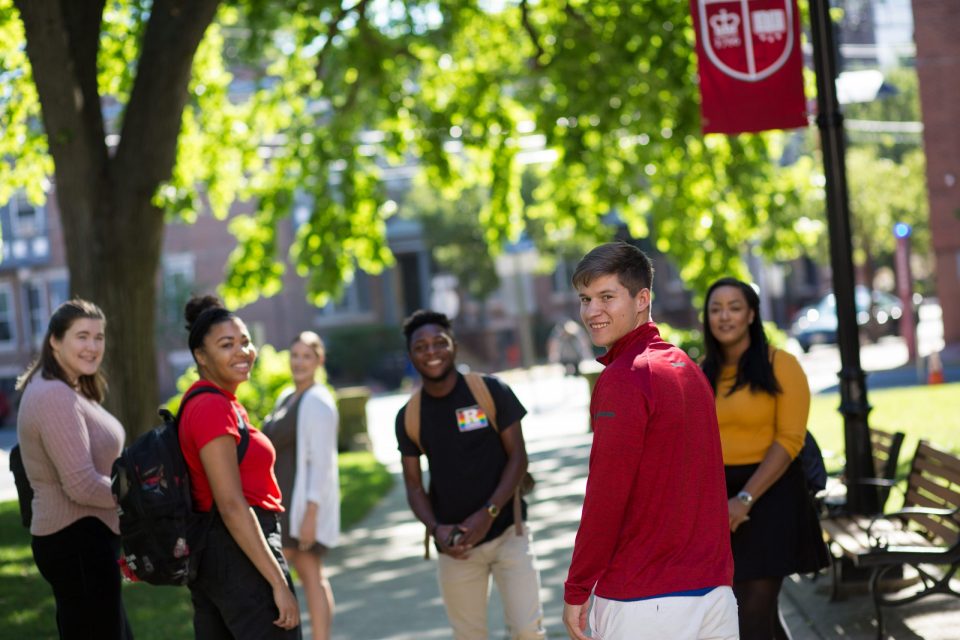
Finding Answers in Physics
Sean O’Malley, associate professor of physics at Rutgers University–Camden, has been involved in research supported by numerous grants, including four from the National Science Foundation (NSF). His research seeks to advance and enhance the use of lasers in magnetic resonance imaging (MRI) systems, and – as part of a Rutgers–Camden research team –contributed to the discovery of two new bands of high-frequency electroencephalographic (EEG) activity that could lead to a better understanding about brain activity and its role in memory.
The Impact of Ants on City Environments
Amy Savage, an assistant biology professor, studies urban ants, which perform important ecosystem services in cities like helping to control bug populations and breaking down discarded food before it rots. Her research, which has been supported by the NSF and the U.S. Geological Survey, focuses on the impact of ants in cities.
, 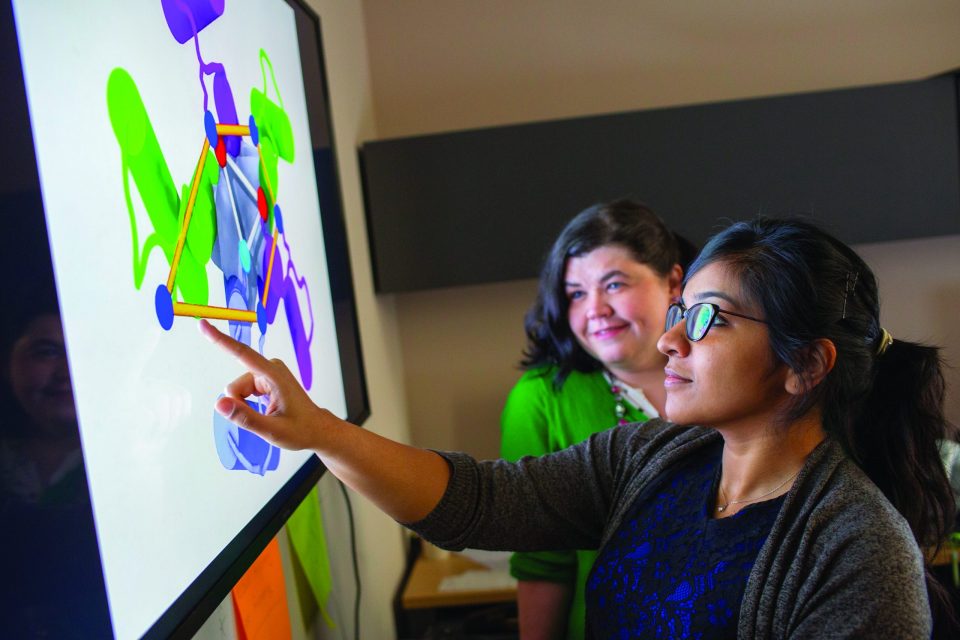
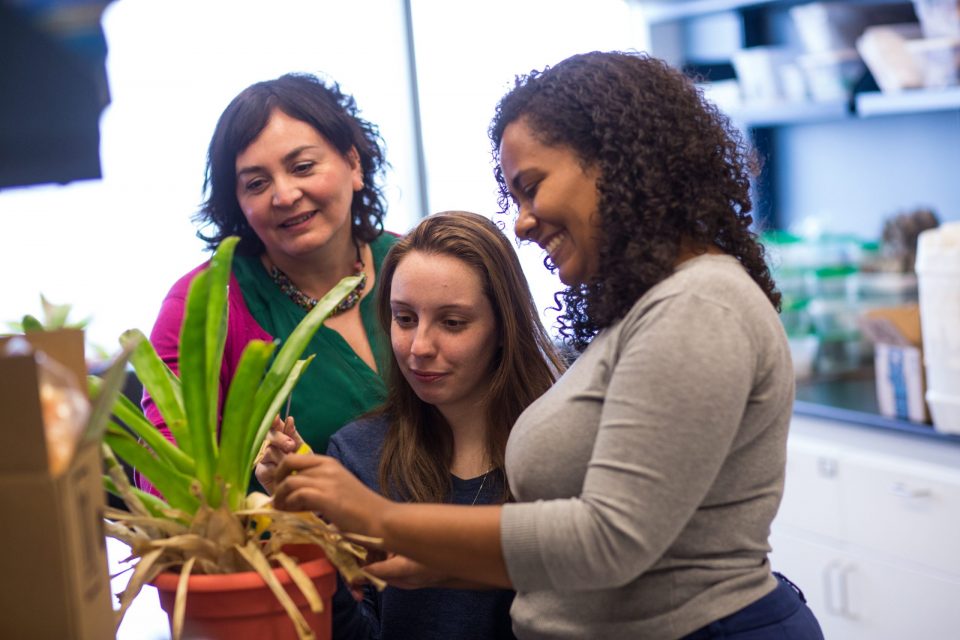
Bacterial Cell Research
Eric Klein, an assistant professor of biology who leads the university’s Bacterial Cell Biology Lab, is the recipient of a $1.2 million grant from the NSF to study the mysterious properties of a bacterial species known as Caulobacter crescentus, a type of bacteria widely found in freshwater lakes and streams. It is a model organism for studying asymmetric cell division and cell shape.
Developing Diversity in the Sciences
The Maximizing Access to Research Careers–Undergraduate Student Training for Academic Research (MARC U*STAR) program at Rutgers–Camden is paving the way for underrepresented students to succeed in the biomedical sciences by providing tuition assistance, research experience, and a monthly stipend to do research in labs during their junior and senior years. Funded by a $1.2 million grant from the National Institutes of Health, the MARC U*STAR program at Rutgers–Camden partners students with faculty mentors who support and encourage them to pursue a Ph.D. or M.D./Ph.D. dual-degree. Rutgers–Camden is the only university offering the program in New Jersey and the Philadelphia region.
, 